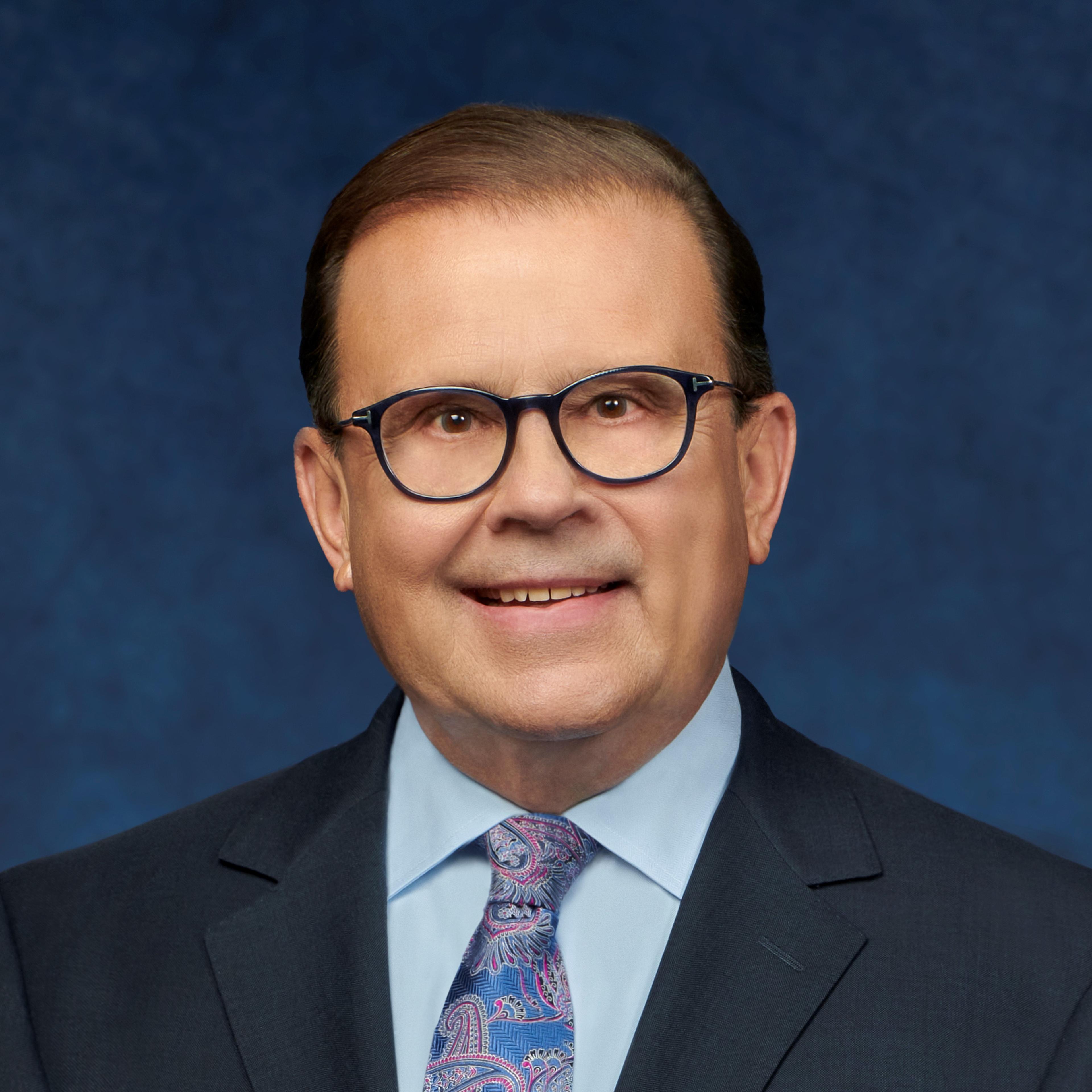Suicide prevention: Hope can save lives

Daniel J. Loepp
| 3 min read
Daniel J. Loepp is the former President and Chief Ex...

Each year, when I speak to our Blue Cross Blue Shield of Michigan interns at our culminating celebration, I thank them for their hard work, encourage them to make a difference in their communities and offer advice on how to navigate the professional world. But this year, as I looked across the room at the eager, smiling faces of nearly 200 young people whose summers were ending, I felt compelled to share another important message. Knowing the heightened pressures we all face daily, I implored them to embrace their unique journeys and the twists and turns their lives will take, including the failures and successes we all encounter along our paths. That message felt even more urgent after a report earlier this year revealed that suicide deaths have increased in nearly every state in the past two decades and across all ages, races, genders and ethnicities, devastating far too many families. It’s also important to remember that people from all backgrounds suffer from mental illness, as we saw from the tragic deaths of designer Kate Spade and chef/television host Anthony Bourdain by suicide. Over their lifetime, more than half of Americans will be diagnosed with a mental illness or disorder. And more than 40 million will experience some sort of mental illness this year alone. The U.S. Centers for Disease Control and Prevention report also found suicide often happens without warning, with 54 percent of people not having a previously known mental health condition. In the U.S., more than 40,000 people die by suicide a year. September is National Suicide Prevention Awareness Month, and while these conversations are important year-round, this is a good time for everyone to familiarize themselves with some of the warning signs for someone who is suicidal -- and to learn of the ways to help others, including how to listen to them without judging and how to talk to them openly about their intentions. Professional counselors are available for everyone and can offer help or guidance through toll free numbers like the National Suicide Prevention Lifeline: USA 1-800-273-TALK
(8255). Also, many companies offer support programs to assist employees with a variety of issues. At Blue Cross Blue Shield of Michigan, we recognize the need to support the total health and well-being of our employees, and I’m proud that our employees and family members have access to a free Employee Assistance Program (EAP) managed by our strategic partner New Directions, a behavioral health EAP company. New Directions provides voluntary and confidential professional counseling through referral services. If you or a loved one is suffering, we want you to know that there are people who care about you and professionals available who can connect you or your family to resources that can assist you. You don’t have to handle this alone. And if you see someone who needs assistance, don’t be afraid to reach out and spread a message of hope. You may save a life.





